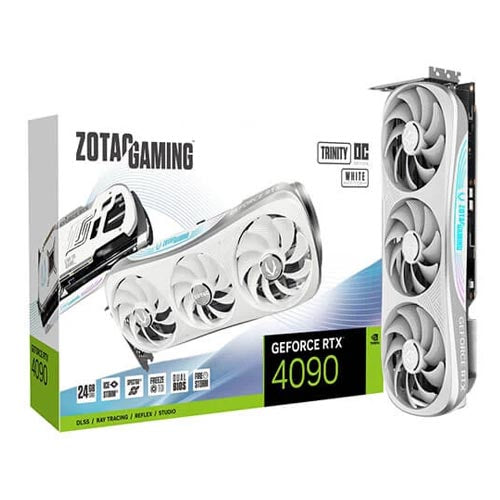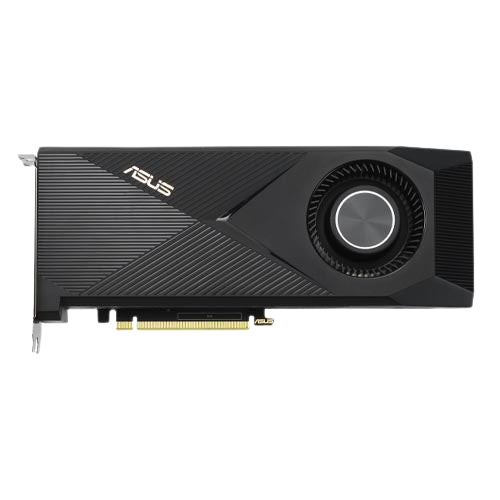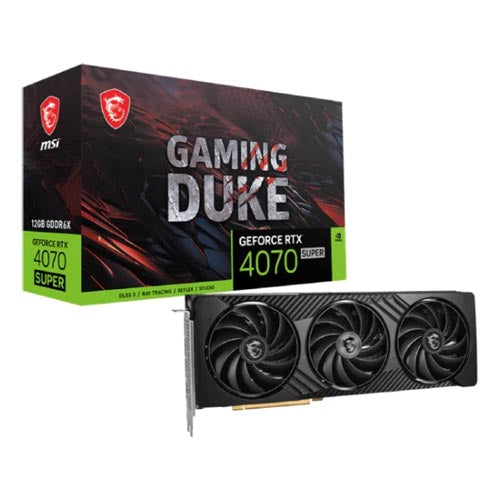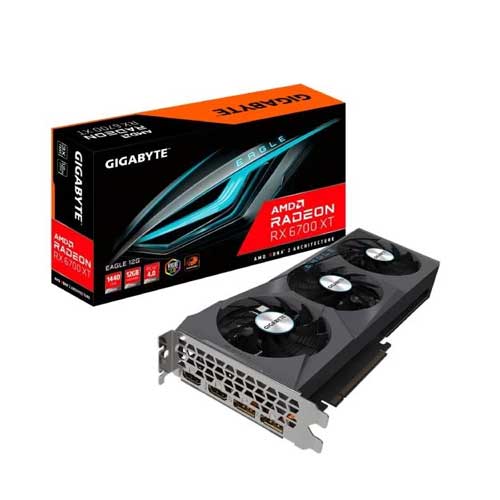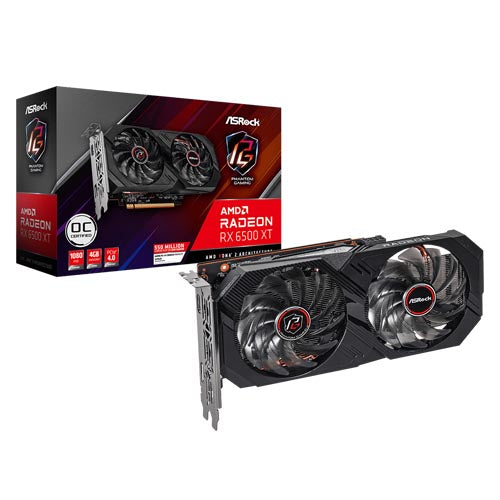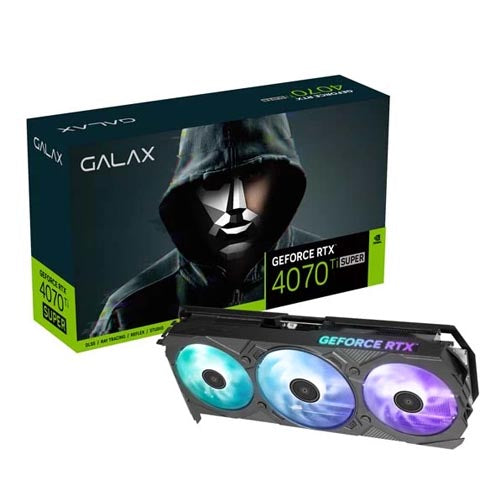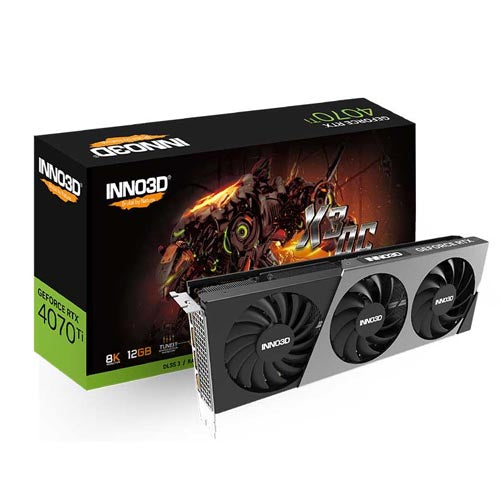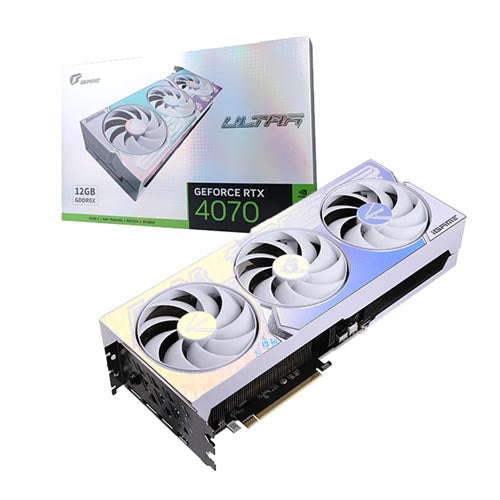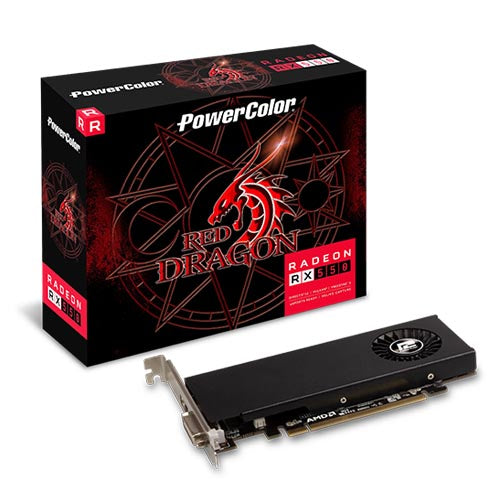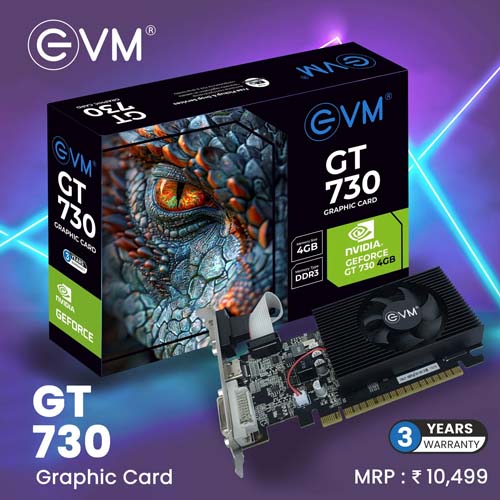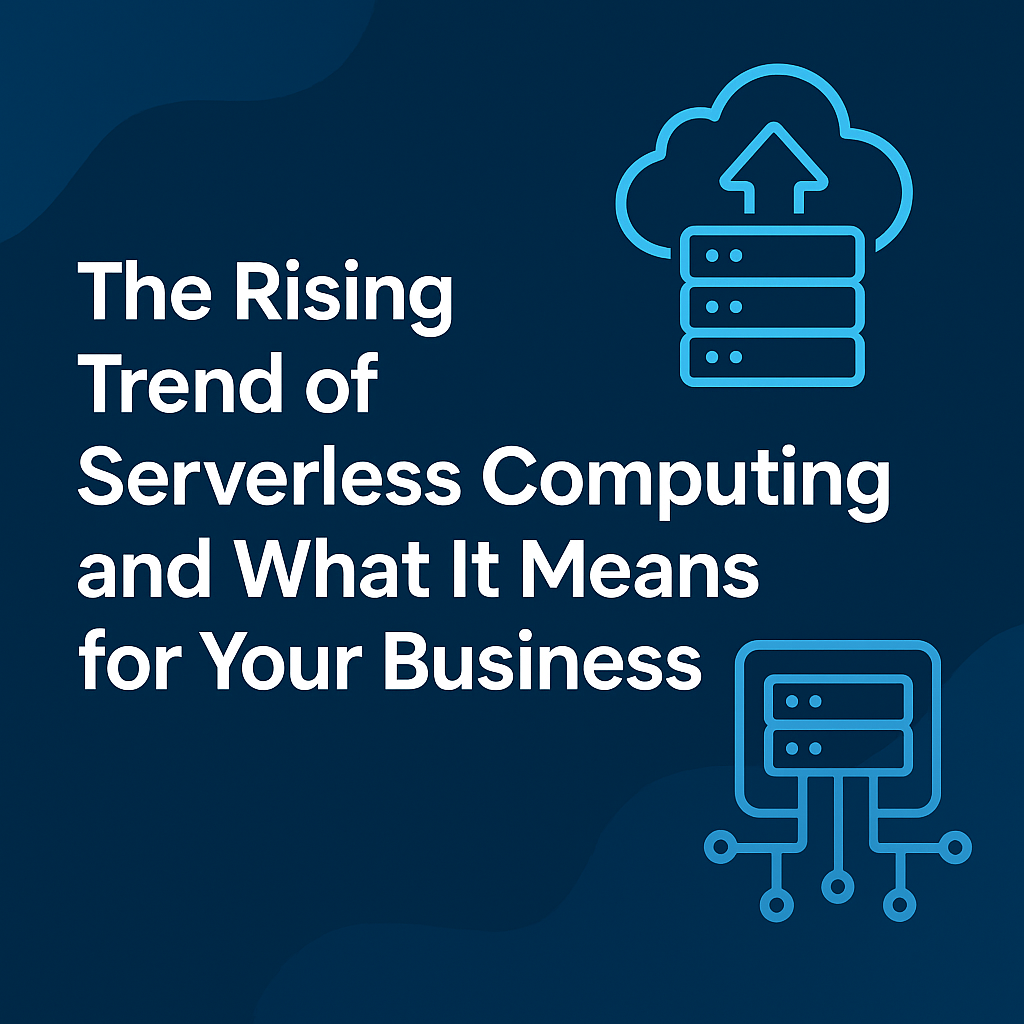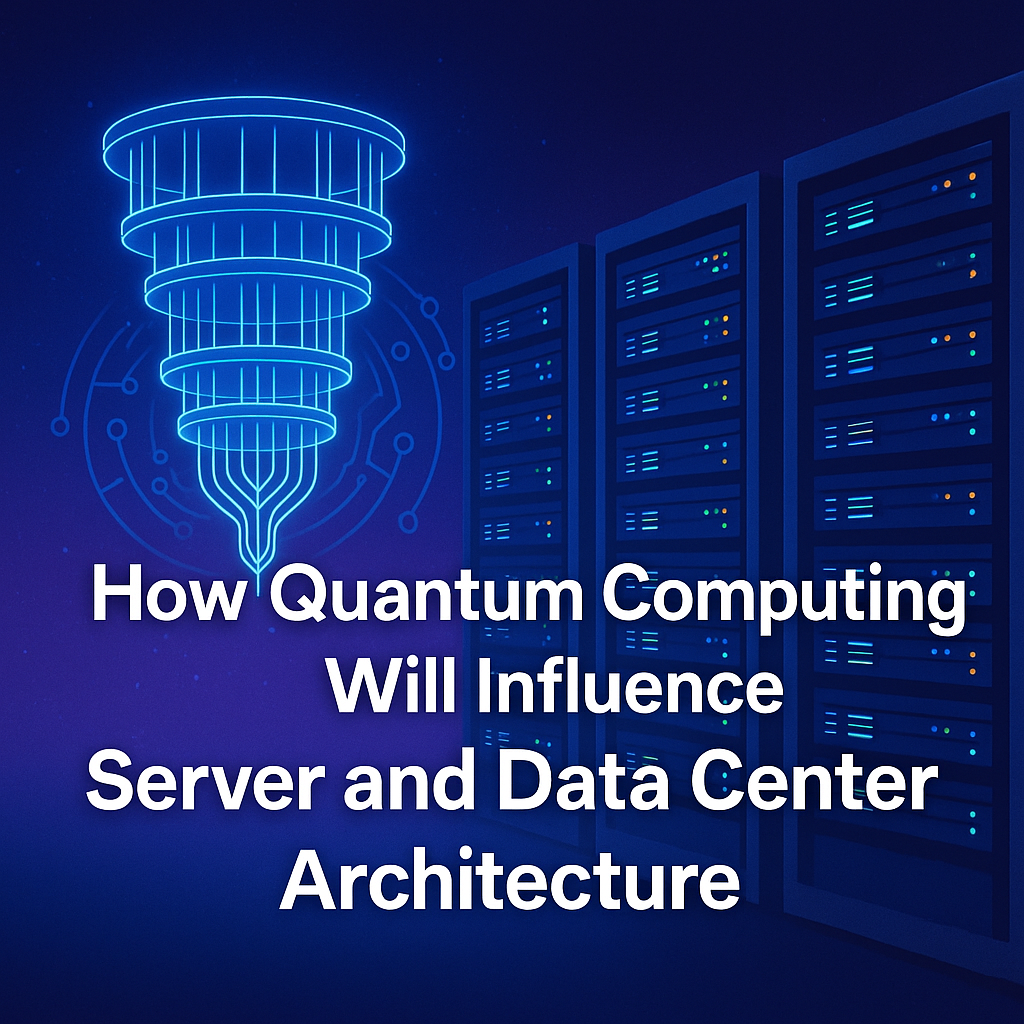
In today’s economic landscape, small and mid-sized businesses (SMBs) are under increasing pressure to optimize operational efficiency while minimizing costs. While cloud infrastructure remains a hot topic, many organizations still rely heavily on on-premise servers to host business-critical applications, manage internal networks, and ensure data sovereignty.
But here's the dilemma: New enterprise-grade servers from OEMs like Dell EMC, HPE, Cisco, or Lenovo can cost anywhere from ₹2 Lakhs to ₹20 Lakhs, depending on configuration and scalability needs. For many budget-conscious organizations, such pricing is a barrier to growth.
That’s where refurbished servers step in as a strategic, cost-efficient solution.
Let’s dive deep into the technical and operational advantages of refurbished servers, and why they’re a smart bet for SMBs looking to scale without overspending.
🛠️Significant Cost Savings Without Compromising Quality
The most obvious benefit is cost. Refurbished servers typically cost 40-70% less than new ones. But let’s be clear—"refurbished" doesn't mean "used and unreliable."
Refurbished servers are:
-
Professionally inspected
-
Thoroughly cleaned
-
Upgraded with new components (if necessary)
-
Tested for performance and stability

📊 Example:
A new Dell PowerEdge R740 with Intel Xeon Silver processors and 128GB RAM might cost ₹6.5 Lakhs brand new.
A refurbished version with the same specs can be found for ₹2.5–₹3 Lakhs, tested and warrantied.
💡 Use Case:
This price advantage allows startups and bootstrapped businesses to deploy high-performance servers for ERP, virtualization, or web hosting without overspending.
🔄Enterprise-Grade Hardware Accessibility
Buying refurbished opens the door to top-tier enterprise-class hardware that would otherwise be financially out of reach. Many refurbished units come from data center upgrades, where companies retire servers not due to failure, but to stay on tech refresh cycles.
🔍 Technical Specs You Can Expect:
-
Intel Xeon Gold/Platinum CPUs (Scalable)
-
ECC Registered DDR4 RAM (256GB or more)
-
Hardware RAID Controllers (PERC, SmartArray)
-
Redundant Power Supplies
-
Hot-swappable SAS/SATA bays
With refurbished options, you can get these data center-grade components at the price of a low-end tower server.
⚙️Customization and Scalability
Unlike some new models that come in pre-defined configurations, refurbished servers are often sold as base units—allowing for highly customized builds. This lets your IT team:
-
Choose the exact CPU series
-
Upgrade RAM modules based on workload
-
Add storage capacity (SSD/HDD) as per your application requirement
-
Install compatible GPUs or RAID cards
🖥️ For example:
You can purchase a bare-metal HPE ProLiant DL380 Gen10 chassis and configure it with:
-
Dual Intel Xeon 4210 CPUs
-
192GB DDR4 RAM
-
RAID-10 with 4x 1TB SSDs
-
10GbE network card
This modularity supports scalable growth while staying within a controlled budget.
♻️Environmentally Sustainable and Eco-Friendly
Refurbished IT hardware supports circular economy practices. Rather than letting functioning electronics go to waste, businesses can extend the lifecycle of enterprise hardware by reusing and recycling existing infrastructure.
🌍 Environmental Impact:
-
Reduces electronic waste (e-waste)
-
Minimizes carbon footprint from manufacturing
-
Saves precious metals and rare earth elements used in server production

If your company values green IT or follows ESG principles, opting for refurbished servers can contribute toward your sustainability goals.
🔐Reliable Warranty and Support Options
A common misconception is that refurbished servers come with no support or warranty. However, most professional refurbishing vendors offer:
-
90 days to 1-year warranty
-
Optional extended warranties
-
Pre-sales consultation for configuration
-
On-site or remote support packages
Some vendors even provide Service Level Agreements (SLAs) just like OEMs, making refurbished servers an enterprise-ready solution.
🔧 Additional Technical Support Includes:
-
Firmware and BIOS updates
-
Remote iDRAC/IPMI/KVM setup assistance
-
OS and hypervisor installation support
-
RAID configuration and disk failure replacement
So you don’t just get a budget server—you get a maintainable infrastructure backed by real-time support.
| Use Case | Why Refurb Servers Fit |
|---|---|
| Virtualization (VMware, Proxmox, Hyper-V) | High-core Xeon CPUs and large RAM capacities support multiple VMs efficiently. |
| File Servers | Reliable RAID configurations at a fraction of the cost ensure safe data storage. |
| Backup and Disaster Recovery | Ideal for offsite replication, archive servers, and redundant failover setups. |
| Development & Testing Labs | Cost-effective infrastructure for dev/staging environments and QA pipelines. |
| GPU Computing (Tesla, Quadro) | Compatible chassis and strong PSUs support GPU acceleration for AI, ML, and rendering. |
🔎 What to Look For in a Refurbished Server Vendor?
Before buying, consider:
-
Vendor reputation & reviews
-
Testing and QA certifications
-
Return policy and support scope
-
Inventory of spare parts
-
Transparency of server usage history
⚠️ Warning:
Avoid random listings from e-commerce platforms without technical verification. Always buy from a certified refurbishing partner who understands enterprise deployments.
💭 Final Thoughts
Refurbished servers are no longer just a fallback option—they are a smart, strategic investment for modern, budget-conscious businesses.
Whether you're running a growing e-commerce business, building a Kubernetes cluster, or simply need more horsepower in your network—refurbished infrastructure offers a powerful alternative without draining your capital reserves.
And in an age where sustainability and cost-efficiency go hand-in-hand, refurbished servers check both boxes.
"Refurbished servers are not a compromise—they're a catalyst for innovation on a budget."
